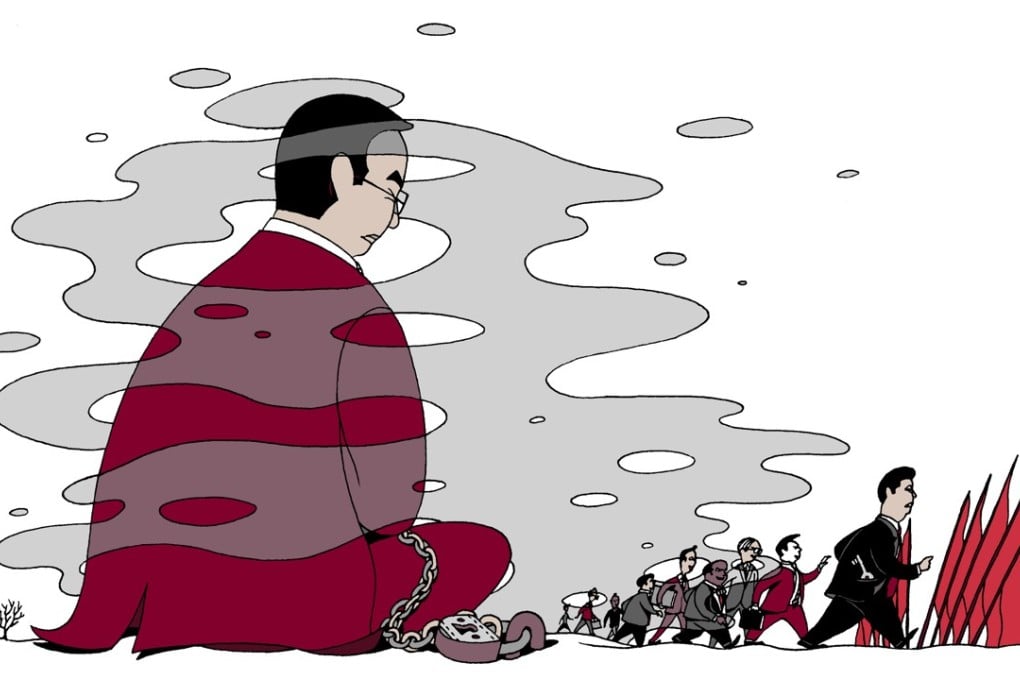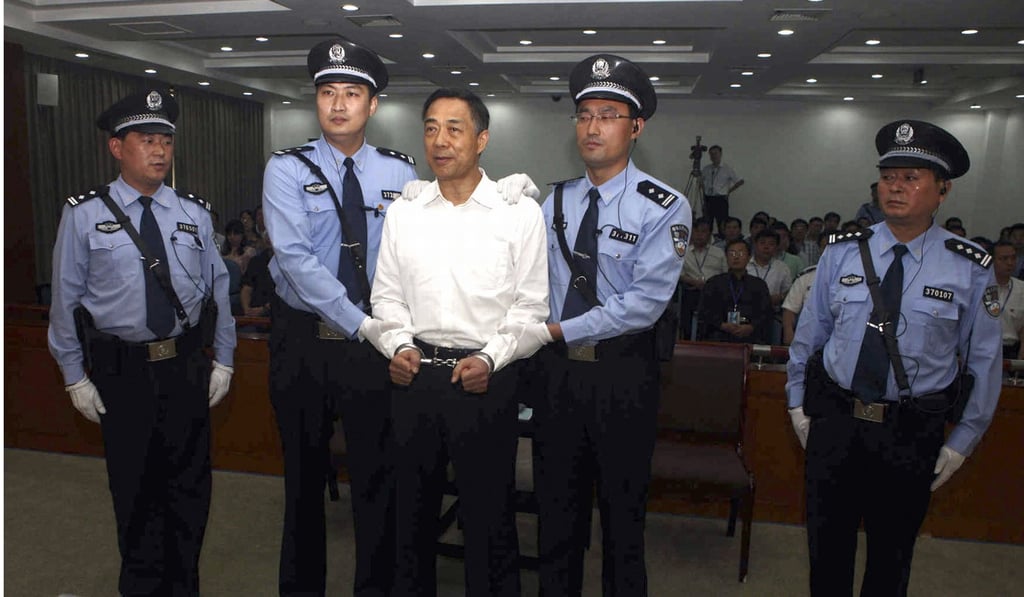What a potential successor’s fate says about Xi Jinping’s ambitions
Steve Tsang says placing Sun Zhengcai under investigation may signal the Chinese leader is strengthening his hand in the lead-up to the 19th party congress and beyond. Is Xi positioning to stay in power in 2022?

What will happen to Sun is not yet known. But he could not have been put under investigation without President Xi Jinping ( 習近平 ) approving it or, more likely, ordering it. Unless Sun can persuade Xi that he will now cooperate fully and make himself exceedingly useful, he is – politically speaking – already a dead man walking.
Sun will almost certainly be charged, most likely for violating party discipline or corruption.
The official reasons for his downfall will be interesting and potentially significant. The top leadership’s choice of narrative will reveal the message it prefers to project to the wider party and the country.
